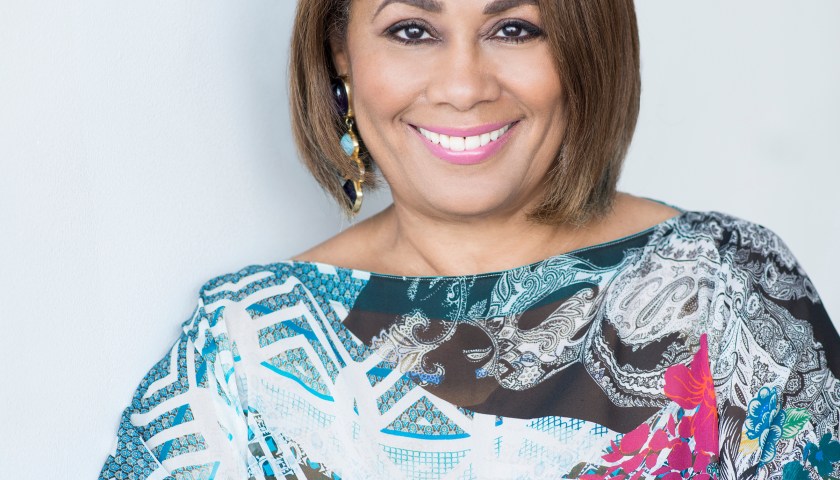Teresa Dixon Murray, The Plain Dealer
CLEVELAND, Ohio — Bank customers soon will see higher fees, more of them and no more free checking — all the result of banking reform that will cost banks billions of dollars.
Banks have long offset the cost of free checking by charging fees for everything from account overdrafts to ATM transactions. They collected $18 billion nationwide last year when customers overdrew their accounts with debit cards or ATMs.
Revenue from fees on checking and savings accounts soared 48 percent from 2000 to 2007, the U.S. Government Accountability Office says.
As of next week, that money stream could turn to a dribble. And in a separate change coming soon, banks won’t be allowed charge merchants as much for processing debit card transactions.
Many banks are likely to respond by:
• Increasing fees for services such as getting a cashier’s check or money order.
• Adding fees for things that are now free, such as banking at a branch or getting a statement by mail.
• Creating electronic checking accounts, with no checks or paper to process.
• Dropping no-strings free checking accounts.
“Some say this is the death of free checking,” said banking analyst Terry McEvoy of Oppenheimer & Co. in Maine. “It’s too early to say for sure, but clearly, banks can’t continue to give away the product for free.”
Why? Because starting Aug. 15, banks won’t be able to charge a fee for debit card or ATM overdrafts unless the customer has agreed in advance to pay it. If the customer hasn’t agreed, those transactions could be rejected if there is not enough money in the account.
In the 1990s, debit transactions were simply rejected in such cases. But banks have pushed debit cards hard since then and charged fees for overusing them.
Overdraft revenue nationwide nearly doubled from 2000 to 2009, topping $37 billion, according to Moebs Services, an industry analyst that bank regulators rely on.
At most banks today, a small mistake with a handful of routine debit card purchases can cost you more than $200 in overdraft fees. The frequency of problems like this led to the new rules protecting consumers.
Many checking customers — half, according to some banks — are telling their banks they want to continue paying fees if they overdraw their accounts with ATM or debit card purchases.
Banks have no choice but to raise other fees or find new ways to make money from checking account customers, said Peter Garuccio, a vice president at the American Bankers Association in Washington, D.C.
“It’s the proverbial balloon. You squeeze on one end and it comes out somewhere else,” Garuccio said.
The typical checking account costs a bank $250 to $300 a year to maintain, according to the bankers association, citing a study by the financial research firm Celent LLC. If the account isn’t generating at least that much in revenue, it’s a loser.
Overdrawn ATM and debit card transactions made up half of the $37 billion consumers paid last year in overdraft fees. The other half came from bounced checks and recurring electronic payments, which the new law doesn’t affect.
PNC, the bank with the greatest presence in the Cleveland market, said it expects to lose nearly $300 million a year in overdraft revenue. No. 2 KeyBank expects to lose $40 million a year.
The crackdown on fees couldn’t come at a worse time for banks. Many banks have just returned to profitability after two devastating years during which they suffered big losses on existing loans and generated few new interest-producing loans as people borrowed less. They now rely on non-interest income like fees for 27 percent of their revenue, the GAO says.
Bob Meara, a senior analyst for Celent in Atlanta, predicts fee increases, fees for things we’re used to getting at no cost and a wave of checking accounts that don’t allow paper checks.
“Banks are going to explore a variety of those options,” Meara said. “I think higher fees are inevitable.”
Story Compliments Of The Plain Dealer
















